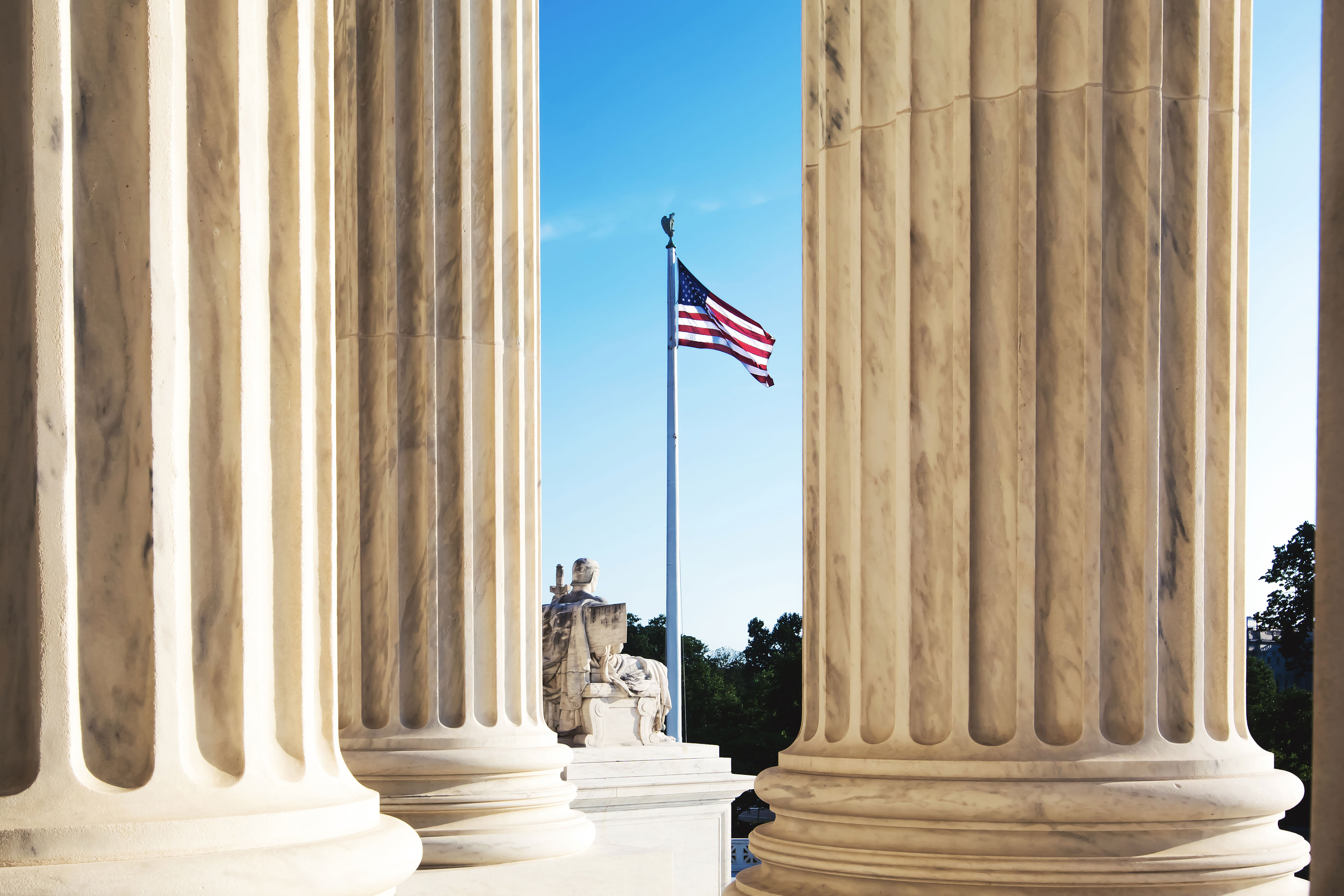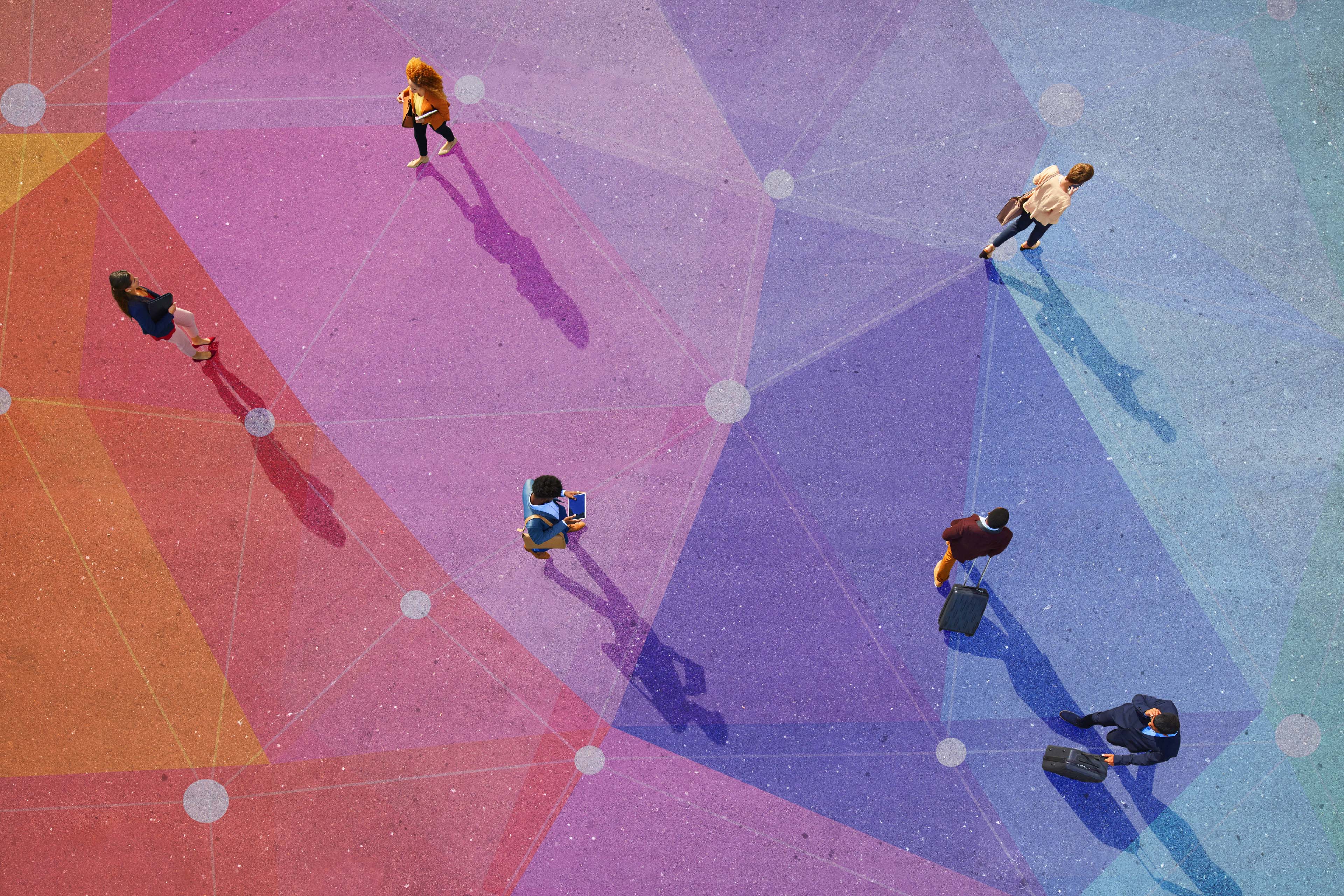EY refers to the global organization, and may refer to one or more, of the member firms of Ernst & Young Global Limited, each of which is a separate legal entity. Ernst & Young Global Limited, a UK company limited by guarantee, does not provide services to clients.

How can our city keep its promise to future generations?
In the immediate aftermath of the murder of George Floyd, a 46-year-old Black man killed by a Minneapolis police officer, and the ensuing civil rights protests, Minneapolis became the epicenter of one of the largest civil rights uprisings in the United States since the 1960s. At the Minneapolis office for Ernst & Young LLP (EY US), the urge to act was strong, and team members gathered for conversation and introspection that was more vulnerable and authentic than they had ever experienced before in a professional environment.
EY Minneapolis Office Managing Partner Michael J. O’Leary offered his full support for a steering committee that would address racial equity, with a significant focus on local civic engagement and a pledge to sustain the momentum. As a result, firm professionals from all backgrounds established the EY Minneapolis office’s Racial Equity Committee, focusing on local civic engagement and pledging to sustain long-term momentum.
When you look at some of the tough initiatives that the community has been willing to take on and make this a better place for all people, to me, really leads to a bright future for our community as a whole.
The sustained work to create an environment where people’s voices are heard and where they feel respected is not unique to Minneapolis. Efforts have been made throughout EY US to cultivate a sense of belonging for all through initiatives like the Building Connections Through Conversations series, which brings EY US professionals together for one-on-one conversations to highlight unique differences and shared values.
Making the effort to have dialogue and a forum where people can share or check in with others and focusing on the wellbeing of our people is something that we’ve continued to try to hold on to.
Leadership has also been deliberate about offering people the resources to be able to nurture this environment through things like Belonging learning, which outlines specific behaviors that create a culture of respect and collective value and actions that may lead to unintended feelings of exclusion.
Investing in Minneapolis’ future
Beyond these powerful internal conversations, EY US continues to strive for social equity and economic growth in the Minneapolis community.
“We’ve seen so many different actions that are all unique to the interest, passions and talent of each of our people. We have had numerous managers and senior managers that have gone on to join over 40 local community nonprofit boards, and it is inspiring to see their leadership,” O’Leary says. “We also have many people in our office that have gotten energized around various mentoring programs for underrepresented youth — some via local nonprofits like NFTE (Network for Teaching Entrepreneurship) and BestPrep and in other instances through activities aligned with our firm’s Digital Divide programs. There are so many places we are seeing our people engage and have a positive impact.”
EY US supports Cristo Rey Jesuit High School Twin Cities.¹ Cristo Rey has schools across the US, primarily serving children from low-income families. Students take on a college-prep curriculum four days a week and spend the fifth day in a corporate work-study program that funds 70% of their schooling. In the EY US-Central region, we have donated $250,000 to the Cristo Rey network to support kids staying in college across 13 schools.
EY Minneapolis recently provided significant funding for Partnership for a Connected Minnesota (PCM) to help ensure students from high-need and underserved communities have the tools and support they need to participate in digital learning and digital life. PCM is a public-private partnership working to bring tech devices, internet access and programmatic support to students across the state, including students who are Black, Indigenous and People of Color, students from low-income families, and students residing in rural Minnesota.4
EY US also supports the Northside Achievement Zone (NAZ), which was created to close the achievement gap and end generational poverty in North Minneapolis. NAZ also works with low-income families to put their children on a path to college.³
It says something and means something. What EY is doing today is just the fulfillment of the foundation on which they stand.
Views expressed in this article are those of the authors and do not necessarily represent the views of Ernst & Young LLP or other members of the global EY organization.



